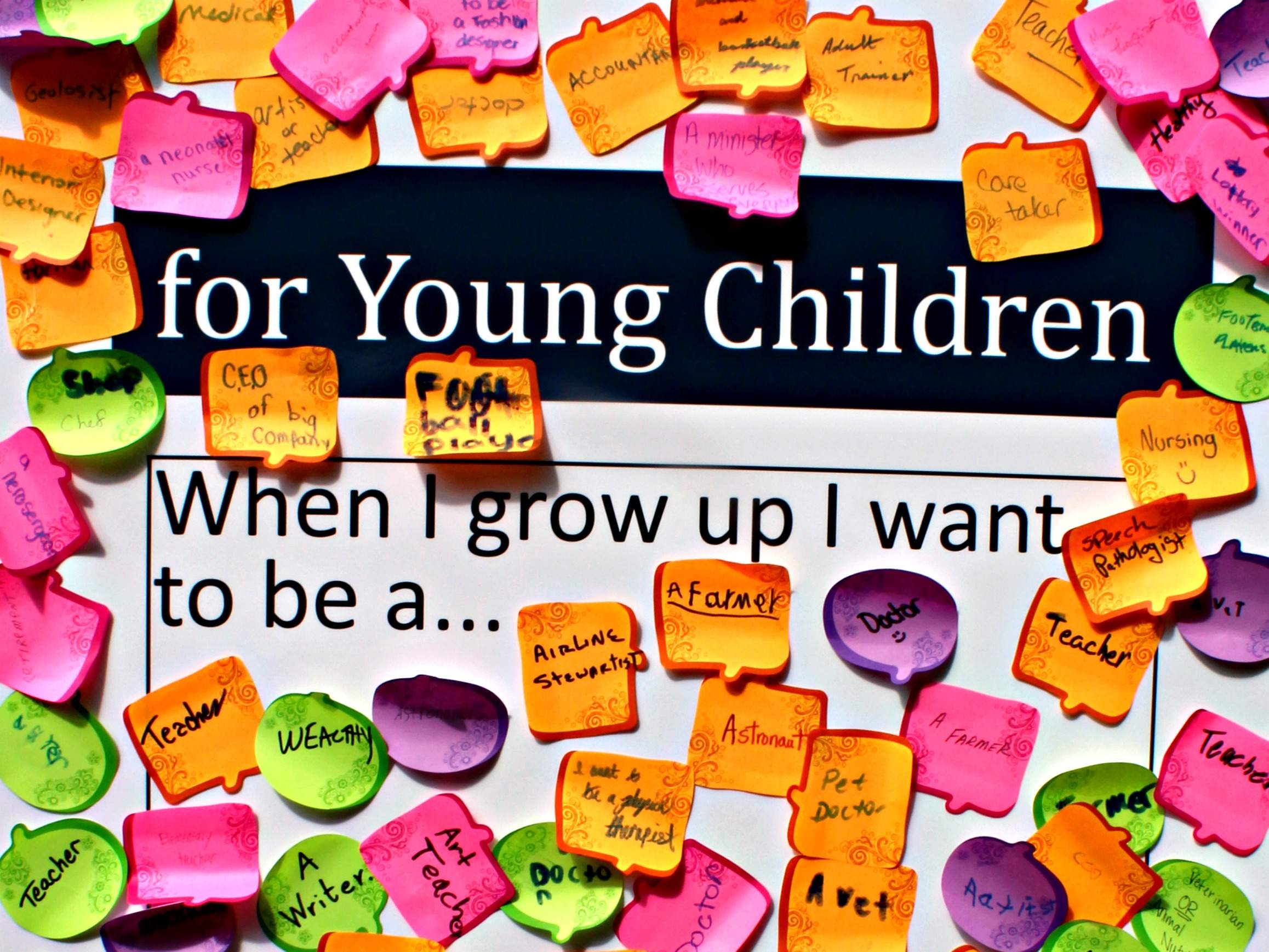
Children are more likely do better in school when they have college savings.

Children are more likely do better in school when they have college savings.
While juggling long-term financial goals and daily expenses, young families have many competing demands on their money. One goal often postponed is saving for college, even though higher education is a priority for most families given that it leads to higher paying jobs and increased job security.
Parents across income levels and racial groups value education, with 86 percent of Hispanic and 79 percent of black parents stating that it is "extremely" or "very" important for their children to earn a college degree. Even so, the cost may seem like such an overwhelming figure that parents can get stuck and not start building an education fund, especially if they aren't sure if the small amount they can afford is worth saving. To help families tackle this challenge, the Small Savings Build Big Dreams campaign by the University of Wisconsin-Extension Family Living Programs provides practical tools for parents, grandparents and community members who want to help young children pay for college.
Based on research from the University of Kansas, the Small Savings Build Big Dreams team is spreading the word that a modest amount of college savings, even $499 or less, has an impact on a child's future. Compared to children with no college savings, children with these resources are three times more likely to enroll in post-secondary school, four times as likely to graduate from college, and they even achieve better grades in high school. Saving for college is not "all or nothing." Most families can't save the full amount for their child's college, and that is OK. A small amount still makes a difference in helping children plan for the future and achieve their dreams.
In addition to saving money for college, this campaign gives suggestions to help parents talk with children about their educational futures. When children know someone believes in them enough to save money for their education, they work harder and do better in school. They develop a "college-bound identity" as someone who will seek and succeed in post-secondary education. Kids can help save for their own college, too. In fact, the positive impact of small savings is even greater when youth help contribute to a designated college savings account, the University of Kansas research shows.
To help families get started, Small Savings Build Big Dreams offers online tools and videos that calculate college costs, help with career and education planning, and compare savings options. Acknowledging that each person's path to college is different, the project compares the features of various savings vehicles: 529 plans, Coverdell educational savings accounts, traditional savings accounts and U.S. Savings bonds. For example, money saved in a 529 account can be used to pay for qualifying expenses, including tuition, books and certain room/board costs at almost any college or university. The account holder can use the money for any eligible family member (child, grandchild, nephew, stepchild, etc.) and these funds can also be used for adult continuing education. Alternatively, savings accounts offered at banks and credit unions are easy to open and the money can be withdrawn at any time.
No matter the type of account chosen, if a child knows that it is designated for college savings, he or she will receive the boost in confidence that even small savings has shown to produce.
Most families use a combination of savings, income, scholarships and borrowing to cover college costs. As children get older, tools can help families and students budget and understand financial aid. FinAid! offers information to help explain the estimated family contribution and the Free Application for Federal Student Aid. Parents or a trusted adult may serve as a career and educational coach who can talk with youth about their plans. And Small Savings Build Big Dreams highlights a variety of tools, including the Junior Achievement Build Your Future app, with which teens can assess more than 100 careers, learn the level of education required and calculate its cost.
More information about helping kids afford college campaign is available in a presentation about Small Savings Build Big Dreams' work. Recorded on Feb. 4, 2016, it was recorded for Wisconsin Public Television's University Place.
The Small Savings Build Big Dreams wants families to realize they are not alone in the challenge of saving for college. UW-Extension educators are sharing these resources around Wisconsin at back-to-school nights, county fairs and the state fair, and presentations to community groups. By making education an early priority, through conversations and with just a small amount of savings for college, adults can help kids achieve their educational dreams.
Chelsea Wunnicke is a family living agent for University of Wisconsin-Extension Richland County. Peggy Olive, a financial capability specialist with UW-Extension Family Living Programs and UW-Madison Center for Financial Security, assisted with this report.